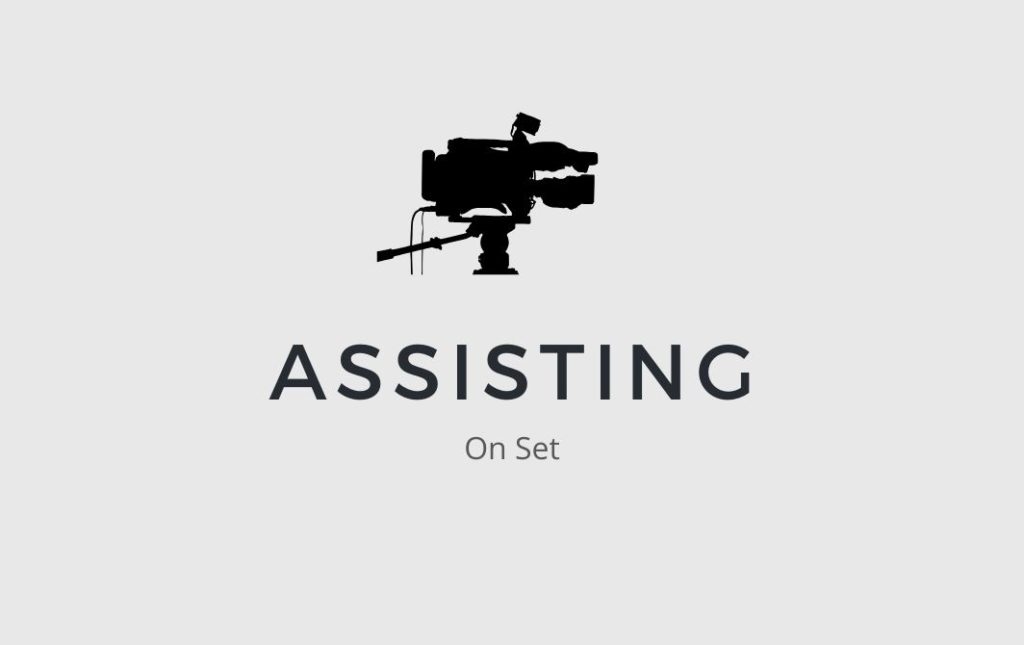Working as an Assistant Director on set is a safe way for anyone starting out, to learn the actual workings of putting together a film. And maybe to earn some money at the same time. If it is feature films that you wish to make, be on film sets. If it is Ads that you wish to make, then be on Ad sets. Work where you wish to work.
Getting to be an Assistant Director
Culturally we are in a shift. There is a lot more content being made right now, all across the globe, than any time in history. For people starting out in this field that is good news. The need for more personnel could be your foot into the industry.
Take the opportunity while it lasts, as it will end. As of writing this, there are more films being made than there is time for someone to watch it. In economics whenever there is more supply than demand, the market corrects itself by reducing the price of goods. Which deters people from the producing goods.
When People Don’t Let You Assist
You should know that even during rising times like these, Directors have turned down my offers to assist them. Why? Because they already have more than enough Assistant Directors. There is more supply than demand.
But I did get to be an Assistant Director of 2 feature films, besides countless short films and Ads. I got all of those those opportunities through the connections I had made.
You need to invest in yourself first and show that you know the craft through your work. Only once this creates enough faith in others will they recommend you to someone; after all it is their reputation that is on the line.
“Confidence and hard work is the best medicine to kill the disease called failure. It will make you successful person.” — Abdul Kalam
Being On Set
Being an Assistant Director on set is tough. There is a lot of standing and running around. You are working a minimum of 12 to 16 hours a day and maybe sleeping for 5 or 6.
But by being an assistant on others’ sets I got to see things differently. I saw how each of them worked and found practices that I would like to adopt and those that I should never adopt.
Even more importantly, I found professionals point out my strengths and weaknesses. They saw things that I had never known in myself and nobody else could see.
Learning About Myself as an Assistant Director
On one set the Assistant Cinematographer told me that he could see that I was going to make a feature film very soon. A makeup man I worked with once told me that I never left anyone’s question unanswered or any requirement unattended for later. I got it cleared then and there, which I believe is a requirement for any director; in fact for any good leader in any field. I did not know these were my strengths.
For my weaknesses, I realised that logistics or handling too many people is not my area of comfort. Though I did learn to manage. Unfortunately that is a skill an Assistant Director on set must have, or at least as far as my experience has been. I am good at planning. I can sit down for hours in preproduction, go through the script and break it down to its atoms, foresee things that can go wrong and plan for contingencies. But I am not the high energy Assistant Director a set demands.
For me everything comes down to knowing about myself and others around me, so that I can partner up with people whose strengths are my weaknesses. And by working as an Assistant Director, wherever it may be that you wish to work, you will not only earn some money, but also learn filmmaking, about yourself, and build connections, meet technicians and make new friends.
What do you think? Assist or not? Let us know in the comments.
Hey Aspiring Filmmaker,
I debuted my film career making a feature film for ₹5 lakhs ($7,000) on an iPhone. I’d like to help you do the same. So I wrote everything I learned into a book. It is now available on Amazon, called The Indian Indie Film (or Make Your Film for rest of the world). Enjoy!





